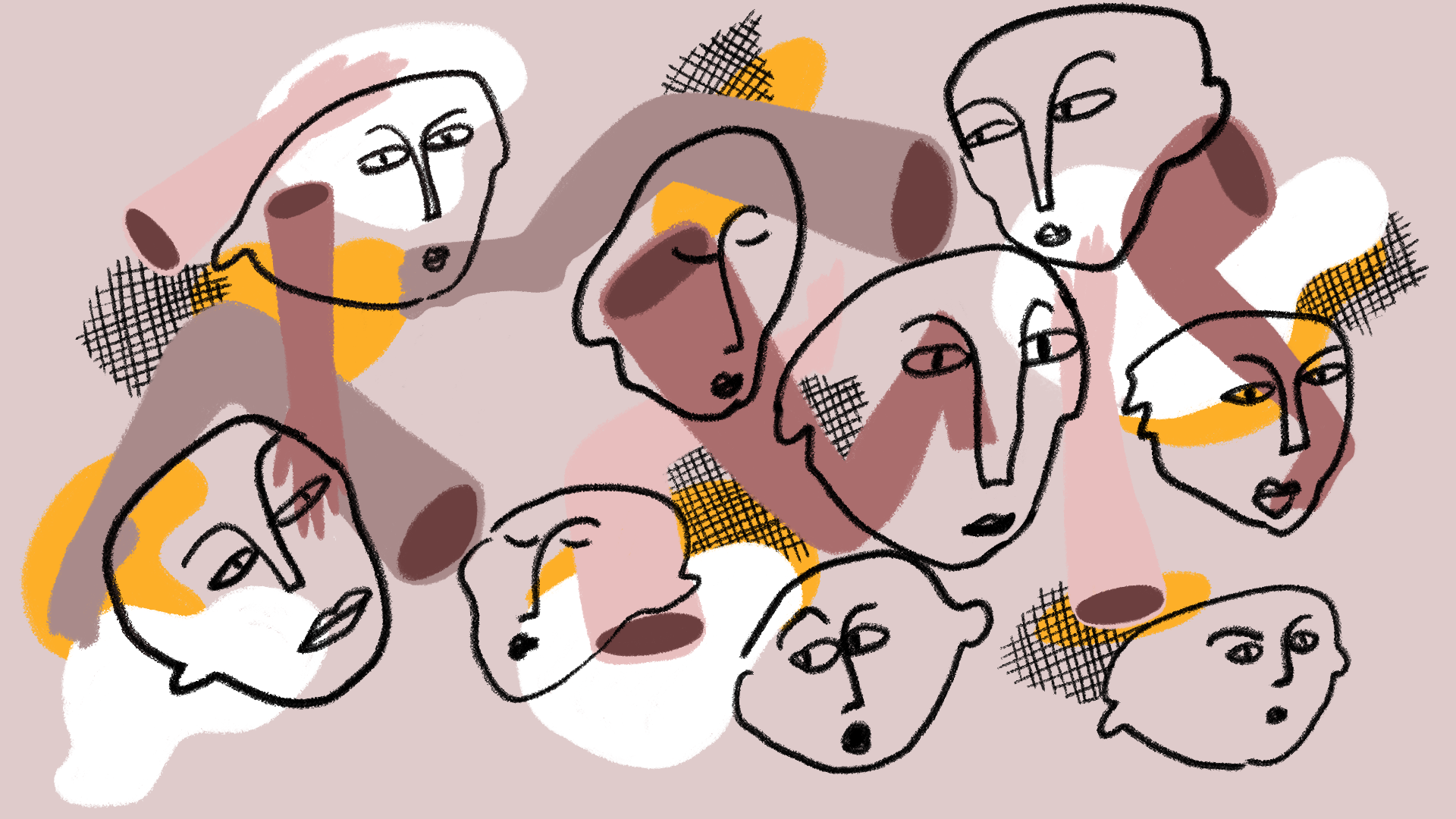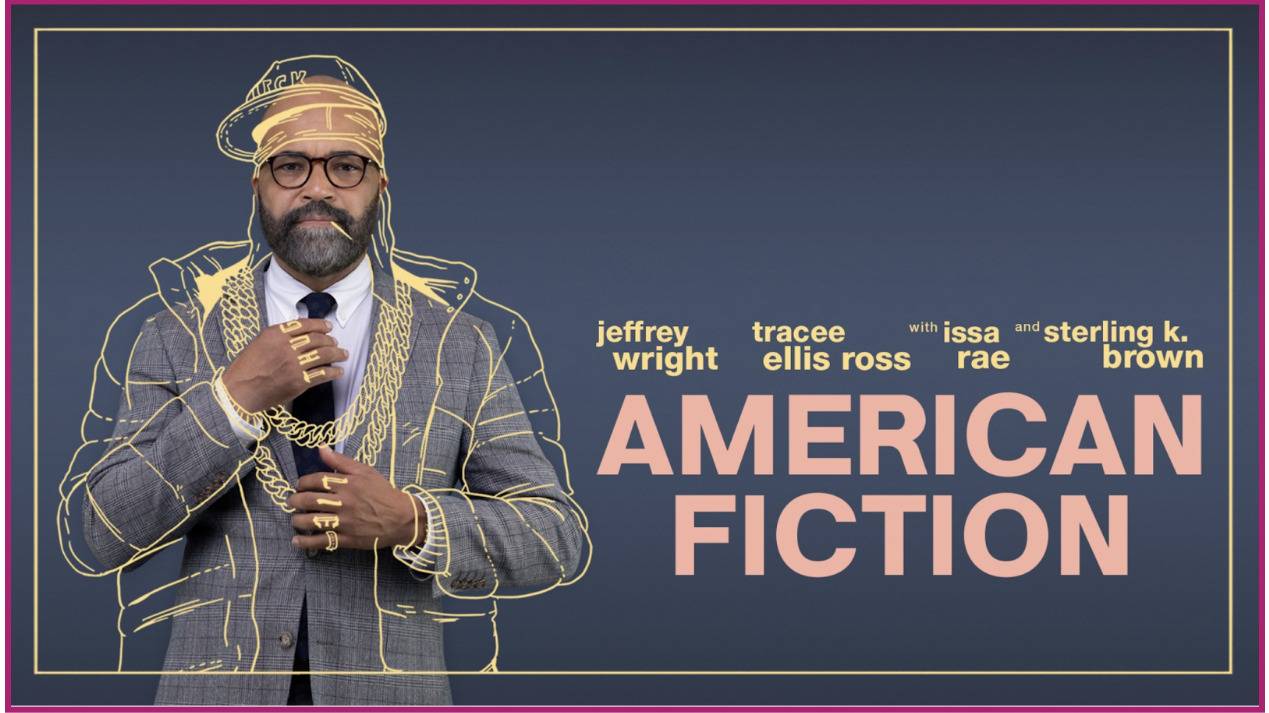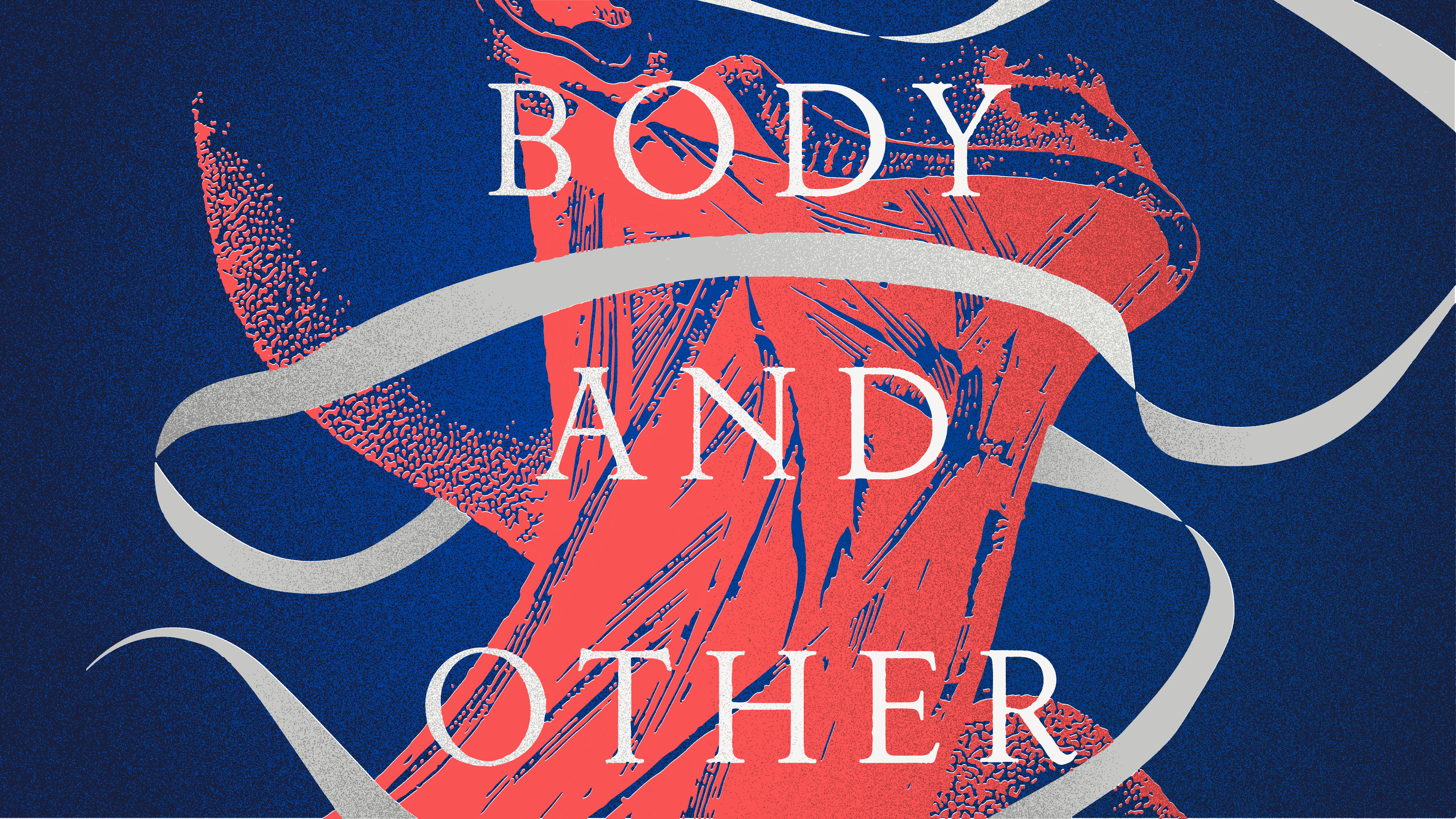“Asians take up apologetic space. We have no presence,” writes Cathy Park Hong in “Minor Feelings” . She then goes on to say, “My confidence was imported from a lifelong diet of conditional love and a society that thinks I’m as interchangeable as lint.” Part memoir, part criticism, Cathy Park Hong’s first book of prose,had me underlining and annotating nearly every page.
It’s funny being Asian right now. I am Southeast Asian but Asian regardless. On International Women’s Day in March, I was out on a work date and heard some loud feminists being angry about Elizabeth Warren dropping out of the presidential race. The conversation trickled into capital tax, healthcare, and of course the virus imprinted in all of our conversations these days. The loud woman was angry at how “incompetent” the Chinese were at healthcare. And how she thought all Asians should be quarantined. “Third world countries don’t have the healthcare for this sort of thing,” she said. Then she looked at me. I am very visibly Asian. She lowered her voice. Looked awkwardly at her phone. I wanted to walk over to her and rub my hands all over her face.
These are what one would call Minor feelings. Or as Hong says, “Non-Cathartic feelings with a long life.” Citing the poet Claudia Rankine and the theorist Sianne Ngai, Hong defines Minor feelings as feelings that don’t lend themselves to catharsis or change; they’re ambient and chronic, “built from the sediments of everyday racial experience and the irritant of having one’s perception of reality constantly questioned or dismissed.”
When I say funny, I mean I feel angry. When I say angry, I mean more and more upset. And scared. In early April a friend told me people in trains get up and sit further away from her because she is Asian. A fellow writer had someone call her “corona” under their breath when out and about. In Brooklyn, someone threw acid on an Asian woman’s face. I wouldn’t know how to word these feelings if I hadn’t read “Minor Feelings.” The sheer abandon of the book has allowed me to speak unfiltered. The book is so honest, so self-aggrandizing and self-implicating, while looking around at everyone reading it, that I want to call it brutal — but should I? Why do I think it is brutal? Hong is a Korean American poet, the author of “Dance Dance Revolution,” “Engine Empire” and “Translating Mo’um.” This is her fourth book. While reading “Minor Feelings,” one cannot shake off the feeling that this is a poet, someone who knows exactly how to reach inside your throat and body, and gut you with reality.
Throughout the book, she maintains this matter-of-fact and remorseless tone. The essays begin at personal and go to the philosophical to the psychoanalytic to the historical, then back to the personal. They follow this interesting model of entering an argument through a cultural moment and expanding to a bigger, more historical context. In Hong’s mind that if you think hard enough, mostly everything is racialized, everything is colonized. What trauma brought them here? What violence? Whose colony? And then she ends with a realization, a monologue almost which drops the mic with a devastating one liner in the end. All my notes say “woah!”
“I share a literary lineage with writers who make the unmastering of English their rallying cry — who queer it, twerk it, hack it, Calibanize it, other it by hijacking English and warping it to a fugitive tongue.” When Hong described her relationship to English, she triggered my own inferiority complex. She mentions an instance where her mother dressed her in a Playboy t-shirt without knowing what it stood for. Hong was then bullied in school for wearing something so obscene, her teachers asked her to leave. She mentions the immigration it took to arrive at a state of being able to write in bad English. What is the map of this language? The imperfect, the bad, accented English? How many colonies and resistances and wars has it travelled inside before arriving in this country, to be looked down upon? “Because I grew up around bad English, I was bad at English,” Hong writes. The chapter goes into the sheer anxiety of being bad at the language, to learning to play with it. ““I feel a happiness when I eat him,” is no longer bad phrasing, but a line in a poem. But how many years, how many slur and how much pain does it take to arrive here?
In a story about Hong’s years at the Iowa Writers Workshop, she says, “Any autobiographical reveal — especially if it was sexual or racial — was a sign of weakness.” I am a poet, a journalist, who has on many occasions been told to cut back the personal. Where does this idea of anything other than a white voice — one that sounds authoritarian — come from? If the standard is set by generations of straight white men, race and gender are of course not something he is concerned with. Because he does not know what it means to grapple with feeling invisible. What are we stifling when we label everything “personal” as weak? Every first-person reveal is called too concerned with self’ to resonate? It is as if white male writers behaving badly is a thing readers relish, but they demand that minority writers must always be good.
And good is exactly what Hong refuses to be. She steps into her anger, into the shame and internalized self-hatred, neuroses and overwhelming anxiety of writing in first-person. She calls out the idea of a model immigrant — apologetic, grateful for getting a space to curl into, vanishing after work is done, not allowed to expand, to fully flesh out. If being angry is not afforded to minorities, Hong reclaims anger. She reclaims flesh. She does not ‘behave politely, behave better’ — she does not bow in gratitude to be given space in this country. Throughout the book, Hong writes Asian American anger into clear unfiltered words. She occupies space.
I have never noticed as many Asians on the train, on the road, in this city as I have after reading this book. I want to give out copies of the book to any Asian (and non-Asian person, but priorities) I see. Especially now, especially in this quarantine. I want to say, “Here, this book knows exactly how you feel, exactly what you want to say, to me, an annoying Asian handing you the book, and to the world.” Because I am not the first one to say it, neither is Hong, but it’s easy to fall back to the default way of being, to say that race doesn’t really matter. Hong’s voice becomes a reminder that it does, that “Racial trauma is not a competitive sport.”
The book is a necessary education in the kind of writing that isn’t white, and is built on a new consciousness. Where we acknowledge the impact of trauma, of immigration and segregation and put Minor feelings on the page. If naming a feeling is what gives it power, then Minor feelings is my undiagnosed chronic illness. There are so many parts of this book I want to imprint on myself. Can decolonization mean normalizing whatever is the opposite of shame and guilt and self loathing and anger? Can it mean agency? I don’t have the answer yet, but I keep coming back to Hong’s longing for a literary canon where “I am simply I, not character proxy of a whole ethnicity.”






















